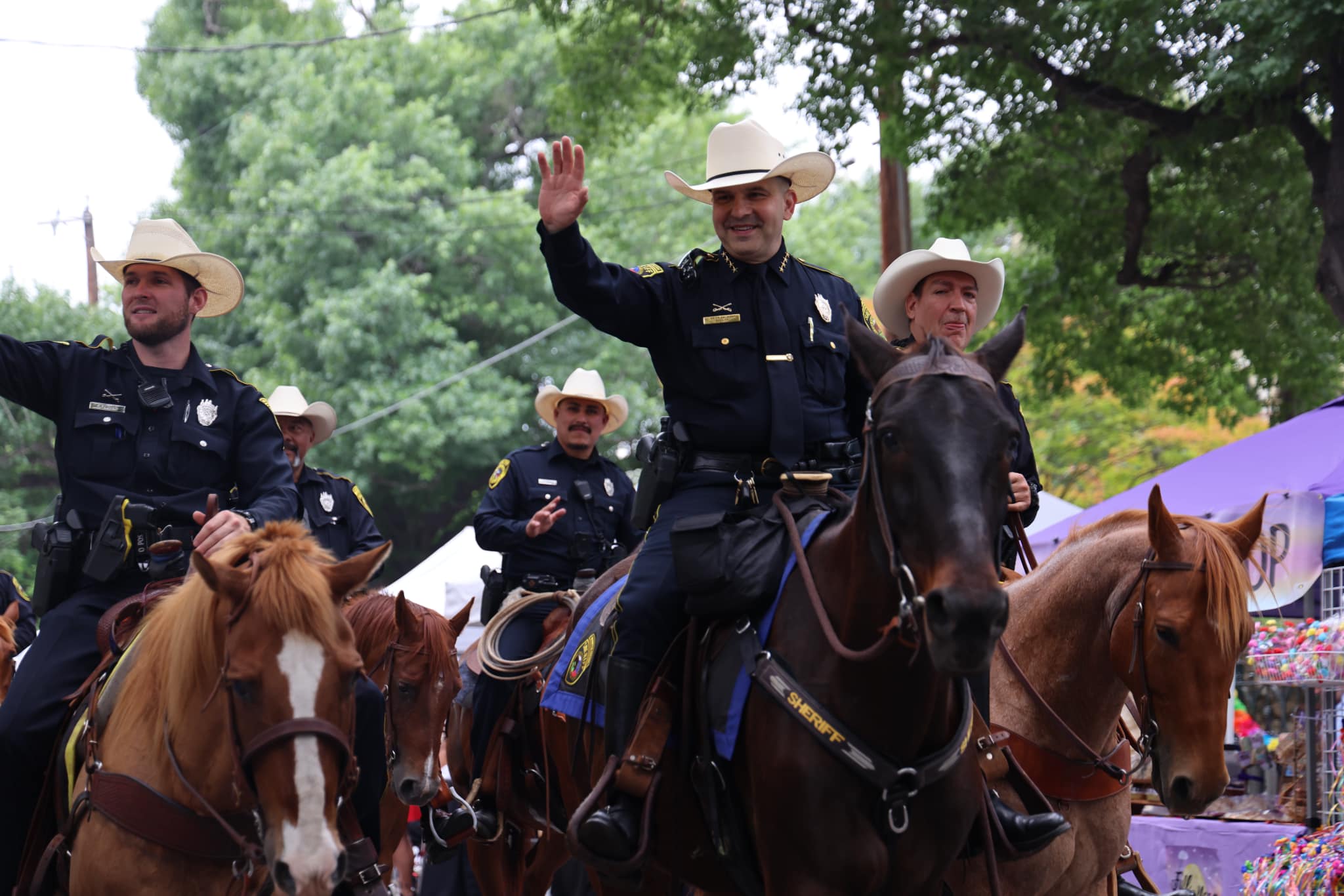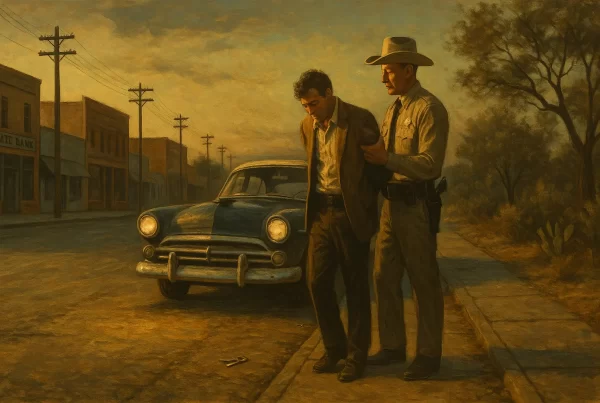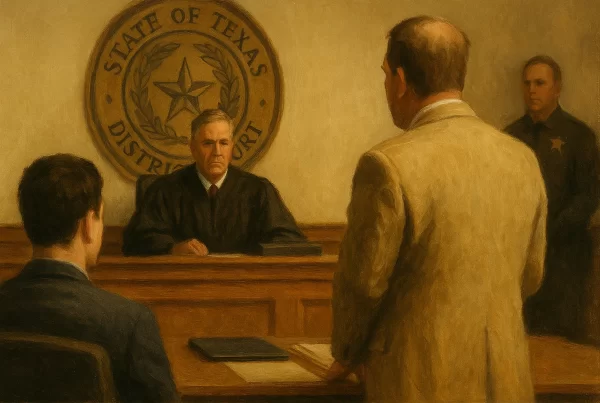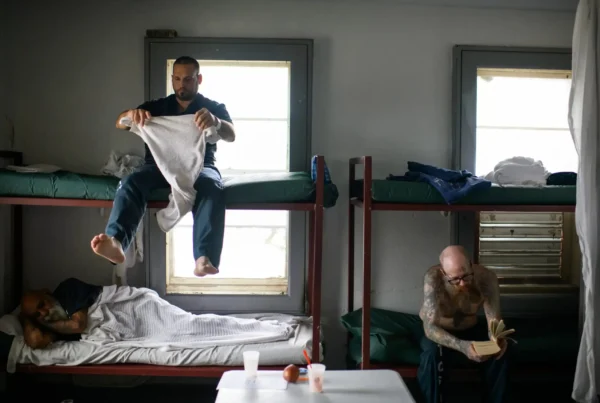The Texas Commission on Law Enforcement (TCOLE) is the state’s primary regulatory agency for law enforcement standards and licensing. It functions much like other professional licensing boards, ensuring that officers meet statewide training and ethical benchmarks before and during service.
Agency Duties
TCOLE is responsible for certifying all peace officers in Texas, including:
- Sheriffs and their deputies
- Constables and their deputies
- Municipal police officers
- State Highway Patrol and Texas Rangers
- Specialized law enforcement officers
- County jailers
The agency also regulates police academies and training providers, setting curriculum standards, conducting audits, and approving instructors. It enforces continuing education requirements and may suspend, revoke, or deny licensesfor misconduct, unfitness, or failure to complete mandated training.
TCOLE additionally issues proficiency and advanced training certificates, which recognize officers who complete higher levels of education or specialized coursework.
Oversight and Governance
TCOLE is governed by a nine-member commission appointed by the Governor and confirmed by the Texas Senate. By law, six members must be active or former licensed law enforcement officers, while three members represent the general public. This structure aims to balance professional experience with civilian oversight in statewide law enforcement policy.
Funding and Operations
As of the Fiscal Year 2024 budget, the Texas Commission on Law Enforcement (TCOLE) operates with an annual budget of approximately $14.9 million and employs 93.6 full-time staff members.
For the 2024–2025 biennium, the Legislature appropriated an additional $1.3 million to expand the School Marshal Program, which trains and certifies certain school employees to act as armed security officers. As of August 31, 2024, there were 544 active school marshals representing 95 school districts, with seven licensed training providersstatewide.
TCOLE’s authority derives from Chapter 1701, Texas Occupations Code, which governs law enforcement licensing, training, and discipline.
Challenges and Criticism
In November 2020, the Sunset Advisory Commission sharply criticized TCOLE’s effectiveness, concluding in a report that “Texas’ approach to regulating law enforcement is ineffective,” and “the state’s regulatory model, bifurcated between state and local government, creates significant gaps that undermine the purpose of statewide licensure, and does not best ensure public safety or law enforcement accountability and transparency.”
The report recommended major reforms, including enhanced state oversight, improved data collection, and stricter enforcement of training and misconduct regulations. Progress toward implementing these recommendations has been subject to legislative review and debate.
Recent Developments
Following the Sunset review, state policymakers have proposed measures to expand TCOLE’s investigative authority, increase funding, and enhance coordination with local agencies on disciplinary and use-of-force cases.
Reform discussions continue, reflecting broader statewide debates about police accountability, training quality, and public transparency in Texas law enforcement.



